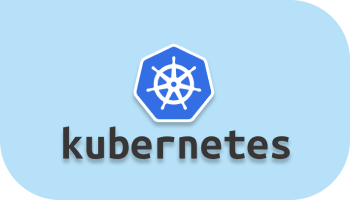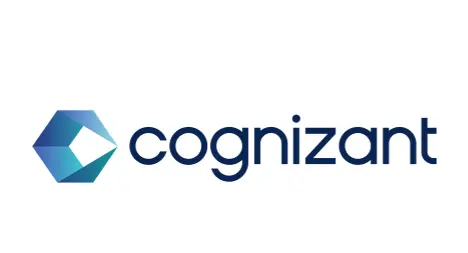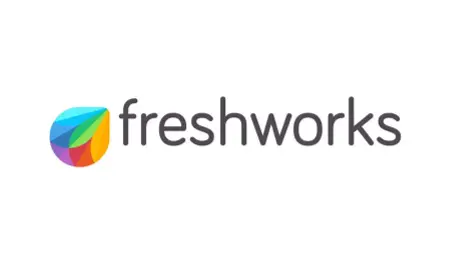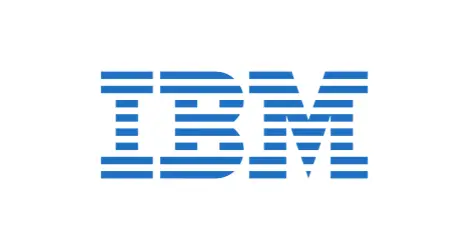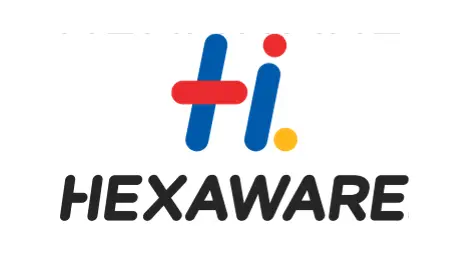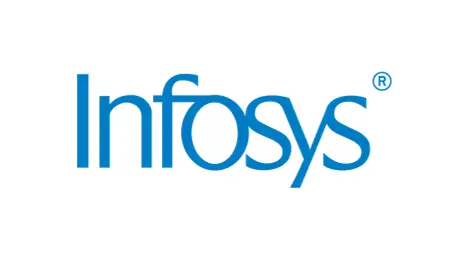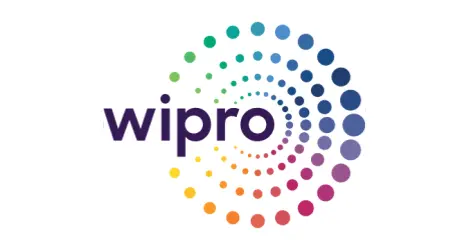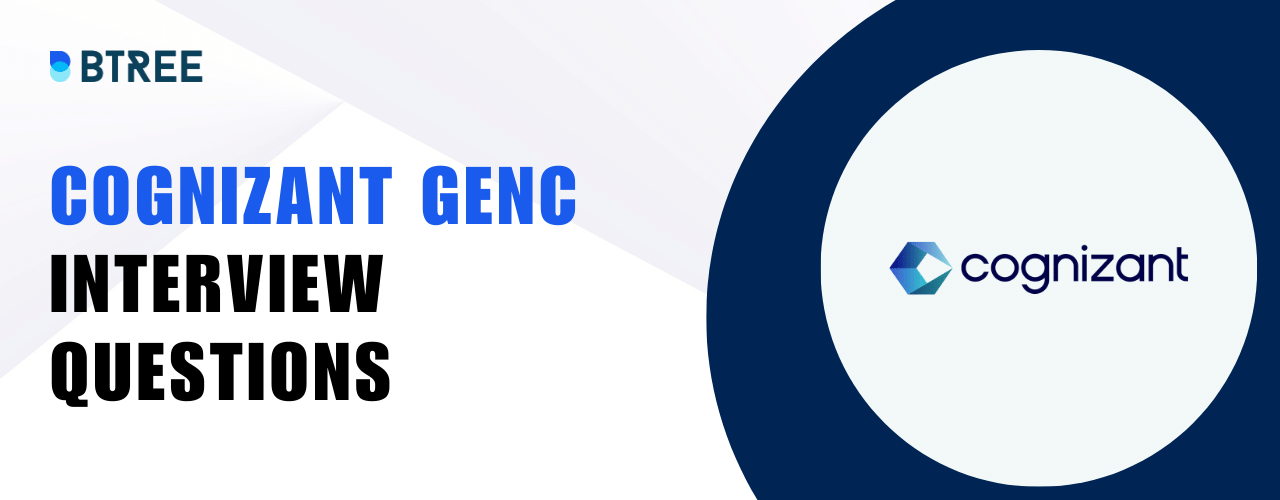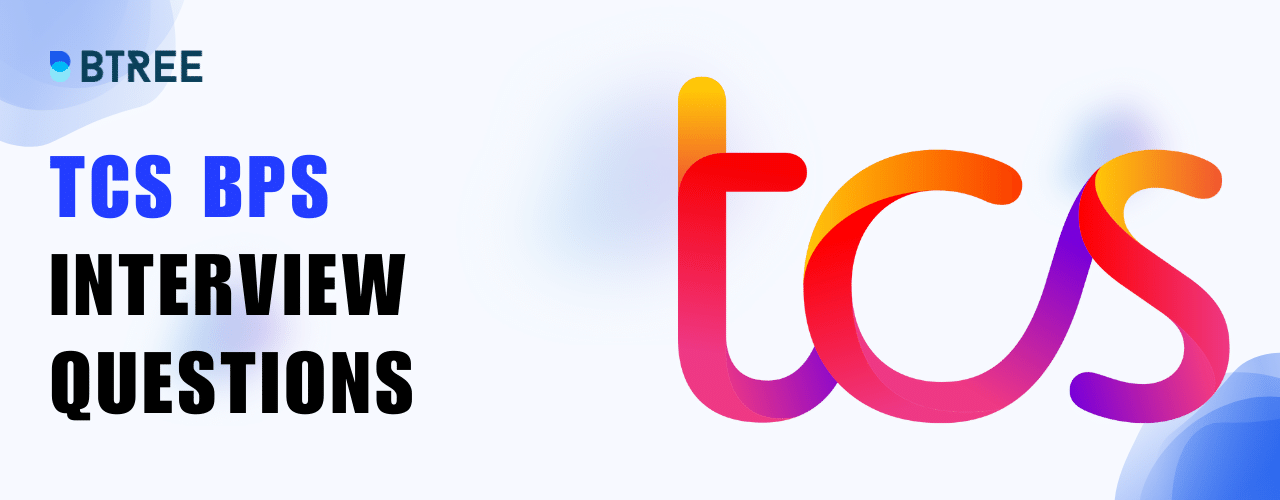Key Highlights
Overview of Kubernetes Course in Chennai
Our Kubernetes certification training program is extensive and totally career-focused. We provide the best CKA course with skilled professionals, and help learners focus on improving and expanding their skill sets. This Kubernetes course also include a series of MCQs, demos, and a Test-level Industry-grade project to help you prepare for the CKA exam.
Kubernetes has recently grown in prominence, and it is highly in-demand expertise among businesses. We covered a variety of topics in this course, including how to use the Docker Client, install and configure (on your laptop/desktop), package applications, automatically build and use your own Helm Charts, run stateless and stateful applications on Kubernetes, and much more. The purpose of this CKA training is for learners to get an in-depth understanding of the subject matter as well as when to use it in the workplace.
About Kubernetes
An open-source container orchestration system called Kubernetes is used to automate the management, scaling, and deployment of applications. Kubernetes is a Greek term that means “captain,” “helmsman,” or “governor.” Kubernetes was created by Google, but it is now managed by the Cloud Native Computing Foundation. It manages applications with hundreds or thousands of containers in multiple contexts (physical, virtual, or cloud). This orchestration tool manages scale, failover, deployment patterns, and more.
It is used by both small businesses and large corporations these days, to achieve the efficiency and speed of Google. It has an extensive ecology that is expanding quickly. Services, guidance, and tools for Kubernetes are widely accessible. In 2014, Google released the source code for their Kubernetes project into the public domain. Over 15 years of Google’s expertise managing production workloads at scale are combined with best-of-breed concepts and techniques from the community in Kubernetes.
How to run a Kubernetes tool?
Because it was created on top of Docker, Kubernetes has gained a lot of popularity. Although containers have a long history in Linux and BSD versions, Docker made them very well-known by putting a strong emphasis on the user experience and by making creating and operating containers very simple. The popularity of containers was capitalized on Kubernetes, which made it simple to run (also known as orchestrate) containers on a cluster of compute nodes.
Because it was created on top of Docker, Kubernetes has gained a lot of popularity. Although containers have a long history in Linux and BSD versions, Docker made them very well-known by putting a strong emphasis on the user experience and by making creating and operating containers very simple. The popularity of containers was capitalized on Kubernetes, which made it simple to run (also known as orchestrate) containers on a cluster of compute nodes.
Benefits of learning Kubernetes at BTree
BTree Systems is one of the top IT training institutions in Chennai that introduces students to numerous fundamental Kubernetes topics. This foundational information is built upon in the Fundamentals of Kubernetes course, which is designed to serve as training for the Certified Kubernetes Administrator Exam. We work hard to make sure that everyone completes the Kubernetes training within the given timeframe.
We prioritize creative ideas, high-quality training, efficient sessions, and guaranteed placement support along with live projects and real-world situations so that students can put what they learn in class into practice under the guidance of our trainers to help them become skilled Kubernetes developers. The certification offered by the BTree system has no expiration date, so you can use it in the future as well.
Talk To Us
We are happy to help you 24/7
Career Transition
60%
Avg Salary Hike
40 LPA
Highest Salary
500+
Career Transitions
300+
Hiring Partners
Skills Covered
KubeAPI server and scheduler
Kubelets
Scheduling pods
Logging and monitoring clusters
Application lifecycle management
Cluster maintenance
Security and authentication
Storage and volumes
DNS Networking CoreDNS CNI
Application failures
Control panel failures
Network failures
Azure Kubernetes
Course Fees
16
Sep
SAT - SUN
08:00 PM TO 11:00 PM IST (GMT +5:30)
23
Sep
SAT - SUN
08:00 PM TO 11:00 PM IST (GMT +5:30)
30
Sep
SAT - SUN
08:00 PM TO 11:00 PM IST (GMT +5:30)
Unlock your future with our
"Study Now, Pay Later"
program, offering you the opportunity to pursue your education without financial constraints.
EMI starting at just
₹ 2,000 / Months
Available EMI options
3
Months EMI
6
Months EMI
12
Months EMI

Corporate Training
Enroll in our corporate training program today and unlock the full potential of your Employees
Curriculum for Kubernetes Certifications Course
Docker
- Why docker
- docker images container concepts
- Creating Docker files
- running containers
- repository
- image pulling
- image tagging
Kubernetes Architecture
- Master nodes
- Worker nodes
- control plane
- master components
- worker components
Writing YAML file, pod creation
- YAML file creation steps
- pod creations
- running in cluster
- describe command
Replica sets
- Replica set creations
- pod scaling
- labels
- selectors
Deployments
- Create deployments using file
- annotate
- rollback
- deployment strategies
Services
- Types of services
- uses
- Difference between services
- Creating nodePort
- Load balancers
- clusterIp
Deamon sets Jobs
- Deamon set creations
- deamon set concepts
- Job types
Configmap Secrets
- Config map creations
- secret creations
- concepts
Volumes
- PV, PVC creations
- volume provisioning concepts
- Types of volumes[dir,Hostpath]
- Lab on above volume concepts
Node Selector
- Concept
- file creations
Node affinity
- Concept
- file creations
Pod affinity
- Concept
- File creations
Taints and Tolerations
- Concept
- File creations
RBAC
- Creating role based access controls
Etcd Back and Restore
- Creating etcd backup and restoring them
Helm
- Repo, Helm charts, releases
- Creating deployments using helm charts
“Accelerate Your Career Growth: Empowering You to Reach New Heights in Kubernetes”
Kubernetes Training Options
Kubernetes Classroom Training
-
50+ hours of live classroom training -
Real-Time trainer assistance -
Cutting-Edge on Kubernetes Tools -
Non-Crowded training batches -
Work on real-time projects -
Flexible timings for sessions

Kubernetes Online training
-
50+ Hours of online Kubernetes Training -
1:1 personalised assistance -
Practical knowledge -
Chat and discussion panel for assistance -
Work on live projects with virtual assistance -
24/7 support through email, chat, and social media.
Certified Kubernetes Administrator Certification
Earning Kubernetes certification helps you stand out from the crowd because it is not just a Kubernetes Certification list but is more than simply a certificate. Certification examinations measure candidates’ knowledge as well as their ability to actually operate Kubernetes, ensuring that those who get the certification are knowledgeable of all the necessary steps to complete a project successfully.
Acquiring a certification in Kubernetes enables you, as an IT expert, to build credibility not just with your business but also with the wider IT sector in general.
Get the best CKA certification in Chennai with reasonable Kubernetes course fees for getting the Kubernetes online training and advancing efficiently with the necessary skills.
Knowledge Hub with Additional Information on Kubernetes Certification
What is the use of Kubernetes in DevOps?
Building, implementing, and growing enterprise-grade DevOps pipelines is made possible by Kubernetes’ wide range of features and capabilities. Teams may also use it to automate the manual procedures related to orchestration. This kind of automation would be very helpful for any organization wanting to boost output and quality.
Developers may build infrastructure on-demand using Kubernetes’ self-service catalog capabilities. This covers cloud services that are made available by open-service and API standards, such as AWS resources. For consistency of compatibility and security, these services rely on the settings that operations members permit.
The main goals of Kubernetes were to solve the problems that developers have in an Agile setting and automate procedures for a smooth workflow. Therefore, operating a CI/CD pipeline in a DevOps environment using Kubernetes is suitable.
What is the Kubernetes service, and its different types?
Because pods are flexible and may be created and destroyed on demand, we need a new abstraction to manage the application lifecycle. Even if the pods that execute the containers that make up an application aren’t themselves persistent, the application itself is still considered to be a persistent entity and should be treated as such. To achieve this goal, Kubernetes offers an abstraction that is referred to as a service.
In Kubernetes, a service is an abstraction that describes a set of conceptual pods within which an application is running as well as an access policy for these particular pod types. A means to locate certain pods are also provided by Kubernetes services. The following list includes the many Kubernetes support services:
Cluster IP: It makes the services reachable exclusively from within the cluster and exposes them to the internal IP of the cluster.
Node port: It makes the services accessible at the static port on each node’s IP address.
Load balancer: It offers services externally by utilizing the load balancer of a cloud provider. It creates the service needed to automatically route traffic to an external load balancer.
External name: By returning the CNAME record by its value, it directs the service to the contents of the external field.
What is the salary of a Kubernetes administrator in India?
The profession of Kubernetes Administrator has grown in popularity over the years, with salary packages reaching new heights. As a result, it has inspired many others to pursue this career path. A Kubernetes Administrator makes 9.6 LPA on average in India. Depending on experience and skill level, the wage range increases.
In India, a beginner Kubernetes administrator varies from INR 2.7 Lakhs to 23.9 Lakhs annually (about 22.5 K per month). Depending on your level of experience, the average salary for a Kubernetes Administrator at the immediate level with 4 to 9 years of experience is 10.9 Lakhs. The maximum yearly salary for a Kubernetes administrator is 23.9 lakh rupees (about equivalent to 2.0 lakhs per month). These statistics show the demand for this position on the market as well as its promising future.
Our Lovely Student feedback
Hear From Our Hiring Partners
Lead recruiter at Wipro
System Engineer
BTREE's Placement Guidance Process


Placement support
Have queries? We’re here for you! We support you with 24X7 availability with all comprehensive guidance.

Kubernetes Sample Resume
Build a robust resume with battle-cut tools to land your dream job. Impress any recruiter with a rock-solid CV and personality!

Free career consultation
Overwhelmed about your future career? We offer free career consultation that helps you to figure out what you want to become.
Our Graduates Works At


FAQs for Kubernetes Certification in Chennai
How do I sign up to take the course?
You can chat with us on a course’s website, call us at +917397396665, or find us on one of our social media sites, and we’ll get back to you as soon as possible. You can also send us your queries at info@btreesystems.com.
Does the BTree system assist with student placement?
Yes, we have close ties with Amazon, Infosys, Cisco, HCL, Wipro, Accenture, Microsoft, TCS, Tech Mahindra, and other top MNCs. Our institution provides a specialized placement assistance staff for each and every one of our courses. Our staff also helps students create resumes and job site profiles to stand out from the competitors.
What are Kubernetes' main components?
Etcd: etcd is a key-value store that is spread across several nodes and serves as Kubernetes’ main data store. It remembers the state of the Kubernetes cluster and duplicates that state. In order to get etcd up and running, you first require a Kubernetes cluster, after which you need to set up the command-line tool so that it can connect with the cluster.
Control plane: Components of the control plane are responsible for making global choices about the cluster (for example, scheduling), along with detecting and reacting to events that occur inside the cluster (for example, beginning a new pod when a deployment’s replicas field is not met). Components of the control plane may be executed on any computer inside the cluster.
Kubelet: An agent that is executable on every node that is part of the cluster. It guarantees that containers are always working within a Pod. The kubelet is responsible for ensuring that the containers that are specified in the PodSpecs are operating and in good health. It does this by using a collection of PodSpecs given through a number of methods.
How can I access the exciting offers that I am currently searching for?
You can get in touch with us via chat or by calling us at +917397396665 for further information, and we get back to you with the greatest deals and discounts that are accessible to you at the moment.
Who is my mentor and how did they get selected?
Our trainers have over 10 years of expertise in course-related technologies. We’ve trained over 3000+ students in the last year, and our institute’s teachers are qualified professionals with good Academic achievement who are now working for leading global corporations.
What type of certification I get, and how long the certification be valid?
After successfully completing the course, you will be given a certification from the BTree system that is recognized worldwide and valid for a lifetime.
Is Kubernetes the ideal choice for fresher?
The Kubernetes Training that BTree offers gives recent graduates not just an in-depth study but also practical experience working on real-world corporate projects. Here, real-world examples and intensive mentoring make the Kubernetes learning path simpler. It offers a promising career path to people who are just starting out, as long as they are interested to learn and have practical experience.
What payment options are available, and can I pay for my course in Installments?
Yes, you can make payments in installments. The methods indicated below may be used to pay for both in-person and online training, and an email receipt automatically delivered to you.
● Visa, Mastercard, and debit cards
● Paytm, PhonePe, Google Pay
● cash, and checks
What if I am unable to attend the course?
At BTree, every student gets individual attention. If you missed a class, our experienced teacher set down extra time to meet with you and go over the topics you missed. Additionally, if someone is unable to attend the batch, it can be rescheduled for another batch that works better for them.
Before enrolling in a training course, is it possible to meet the trainer?
Before starting a course, students can meet with the trainer. You can decide if you want to join BTree Systems or not by taking our free trial class or trainer consultations.
Why should I join the Btree system?
To make learning more interesting, BTree Systems offers both live online training and classroom learning. Our placement team assist you in securing a position at a leading multinational corporation. During our training sessions, you’ll get to work on actual projects to acquire experience. With no-cost EMI options, we provide the most affordable Kubernetes certification cost for students.
Are you Located in any of these locations
Adyar
Anna Nagar
Besant Nagar
Ambattur
Guindy
K.K. Nagar
Koyambedu
Chromepet
Nandanam
OMR
Perungudi
Mylapore
Poonamallee
Porur
Saidapet
Sholinganallur
T. Nagar
Teynampet
Vadapalani
Velachery
Find Us
Address
Plot No: 64, No: 2, 4th E St, Kamaraj Nagar, Thiruvanmiyur, Chennai, Tamil Nadu 600041
